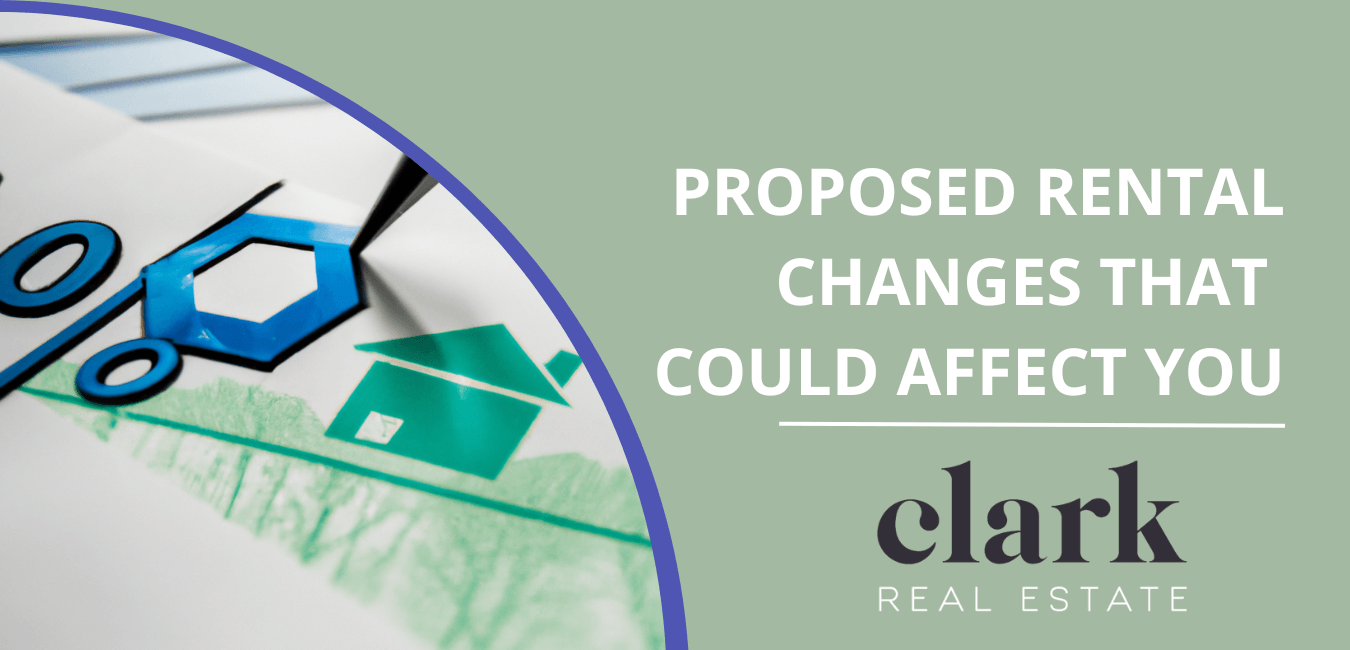
Introduction
The rental landscape is constantly evolving, and it’s important for both renters and rental property owners to stay informed about any proposed changes that could impact their rights and obligations. In this article, we will explore some of the key rental changes that have been suggested and how they could potentially affect you. From modifications to entry requirements and privacy regulations to fees and charges, these proposed changes aim to improve the renting experience for all parties involved. Let’s delve into the details.
- Permission-Free Changes
One significant proposed change relates to modifications renters can make to the rental property without seeking the explicit permission of the property owner. These changes, if approved, would be outlined in a Regulation and could include installing hooks, nails, or screws for hanging items, installing phone lines or internet connections, planting non-intrusive vegetation, applying shatter-resistant film to windows, or making non-permanent changes to the property’s surfaces, fixtures, or structures.
However, renters would still be responsible for returning the property to its original condition unless the property owner agrees to retain the changes as improvements. In such cases, the parties involved may negotiate compensation for the improvements made. Additionally, renters would be held liable for any damages incurred during the installation or removal of the changes.
- Enhanced Privacy Measures
The proposed rental changes also address privacy concerns, aiming to protect renters’ personal information and possessions. Rental property owners and managers would be required to securely store any photographs containing images of renters’ personal belongings or living conditions and access them only for tenancy management purposes, unless renters provide explicit consent.
Furthermore, information collected from prospective renters during the application process must be securely stored, accessed solely for assessing tenancy suitability, and destroyed when no longer necessary, unless renters agree to its continued retention. Renters would have the freedom to choose how they submit their rental applications, including options such as hard copy or email. They would not be obligated to use online or third-party platforms. Renters may also satisfy identity verification requirements by allowing property owners or agents to access or visually inspect original identity documents.
- Limiting Intrusion
The proposed rental changes seek to limit the frequency of property entry by rental property owners and provide renters with increased notice. Under the suggested modifications, general inspections of rental properties could only occur once every six months. Property owners would need to provide renters with at least 10 business days’ written notice before conducting these inspections, with the first inspection not taking place within the first three months of the tenancy.
Renters would be required to allow at least one physical general inspection annually. However, they could request further inspections to be conducted virtually through electronic means, such as video conferences or by providing high-quality photographs or videos of the property. Rental property owners would still retain existing entry grounds, and an additional ground would be provided to accommodate inspections necessary for the sale of the property.
Moreover, the notice period for entry on grounds other than general inspections would be extended from 24 hours to 72 hours, ensuring renters have sufficient time to prepare for such visits. Property owners or their agents would be required to provide at least 14 days’ notice before showing the property to prospective buyers. Additionally, renters would be entitled to compensation for any damaged or stolen possessions during any entry rights exercised by property owners.
- Limiting Fees and Charges
Another crucial aspect of the proposed rental changes involves regulating fees and charges imposed on renters. To promote fairness, rental laws would mandate the provision of a fee-free method for rent payment. Renters must receive clear information about charges associated with alternative payment methods.
Excessive consumption charges, such as those related to utilities, would be limited to amounts above what is considered reasonable for a comparable household in a rental property of similar size and features. The rental property must be separately metered for services supplied and meet water efficiency standards. Rental property owners would be required to send utility bills to renters within one month of receiving them, and renters would not be liable for charges that were not provided within the prescribed timeframe.
- Bond Claims and Liability
The proposed changes aim to establish a fairer process for bond claims and renters’ liability. Rental property owners would bear the burden of proof when making bond claims and demonstrating renters’ liability. To receive bond monies at the end of a tenancy, property owners must prove that renters have failed to meet their tenancy obligations, such as returning the property in its original condition (accounting for fair wear and tear), repairing any damage caused, or paying outstanding rent.
Property owners could substantiate their claims through receipts, invoices for cleaning or repairs, and comprehensive entry, inspection, and exit reports. Renters who opt for commercial bond products would have their interests protected, ensuring that bond refunds are disbursed to them directly by the Residential Tenancies Authority (RTA) if they have accessed a commercial bond product. Renters would still be responsible for repaying the bond supplier.
Conclusion
The proposed rental changes discussed in this article encompass a wide range of areas, addressing important aspects such as permission-free modifications, privacy protections, entry limitations, fees and charges, and bond claims. These changes aim to strike a balance between the rights and responsibilities of renters and rental property owners, promoting fair and transparent rental practices.
As with any proposed changes, it’s essential to stay informed and monitor legislative developments that could affect your tenancy. By understanding your rights and obligations as a renter, you can navigate the rental market with confidence and make informed decisions.

